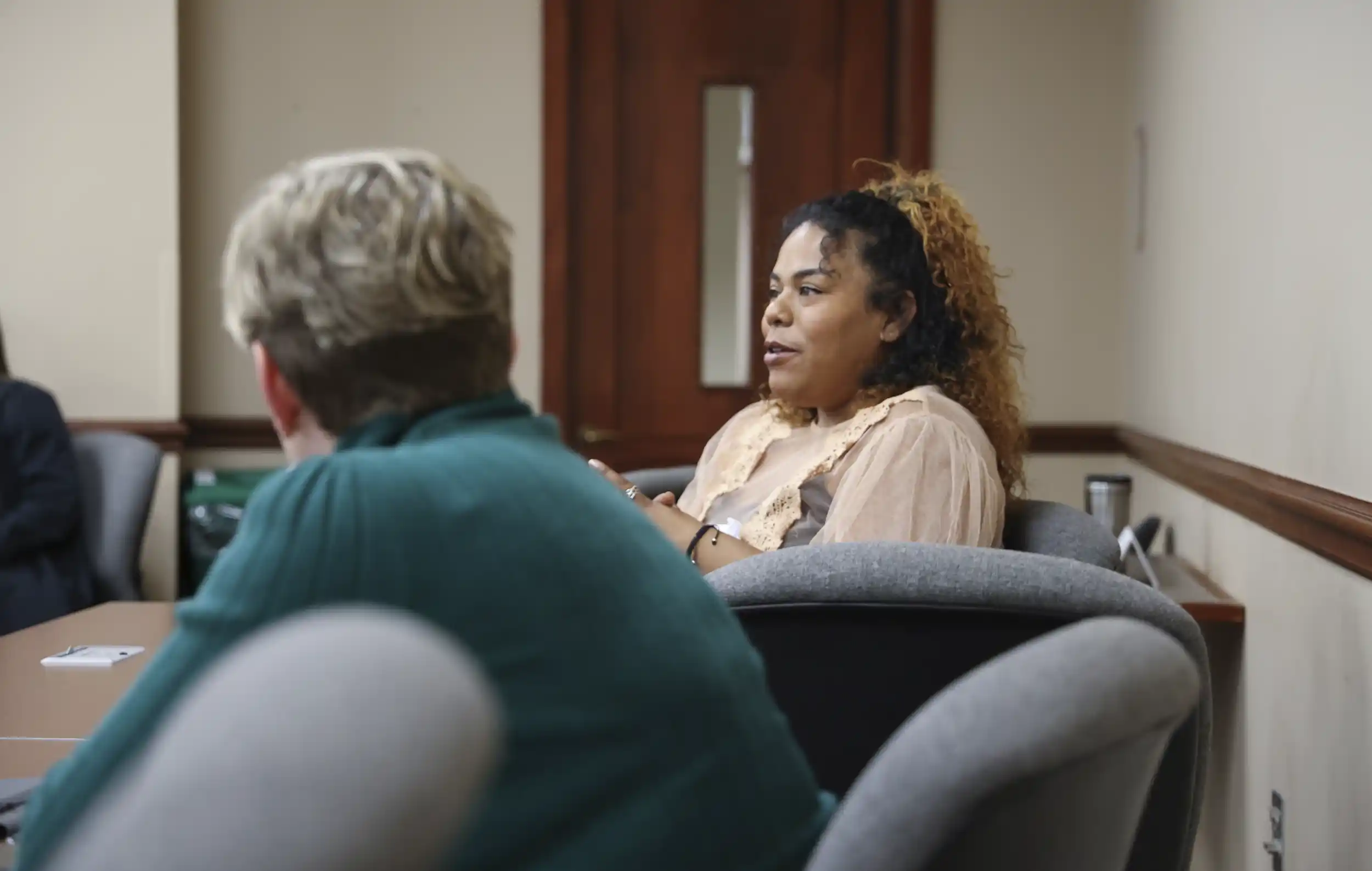Appalachian communities are working with AJRC faculty and students to find innovative ways to build meaningful forms of community safety. Safety is a basic need for everyone, even as it is specific and variable in different regions and communities. With growing recognition of the human and financial toll of mass criminalization and incarceration, local governments and communities across the US are seeking new ways to develop and promote meaningful forms of safety and accountability. These efforts give attention to root and structural causes of violence and harm, the damaging generational and racialized impacts of criminalization, and how investments prioritizing just economic transitions, health care, education, housing, and more, can increase safety for all. In this way, community safety has deep roots – and possibilities – in our current research themes in land, health and housing justice. Our community partners and research collaboratives in community safety start with foundational questions.
We ask:
Why do community members call the police and how can communities address those underlying needs?
How do communities experience the role of police and prisons in their communities?
How do arrest, bail practices, and incarceration shape the region?
What does it mean to envision school safety and youth justice with non-punitive curricula that address school disciplinary disparities and harm?
What is the role of alternative crisis response in addressing mental health issues?
How do we reduce harm and promote health in response to substance use disorder?
What is behind the high rates of prison and jail construction in the region? What is prison construction’s role in local and state economies?
What are effective ways to address the root causes of intimate partner and gender violence in communities?
Current Community Safety Projects
Building a Community Safety Toolkit for Family & Domestic Violence with ᏣᎳᎩᏱ ᏕᏣᏓᏂᎸᎩ/Eastern Band of Cherokee Indians
Eastern Band of Cherokee tribal citizens and faculty and students at the AJRC are working to develop a domestic violence safety tool following the cultural values and needs specific to the EBCI, which is focused on community safety overall rather than criminalizing individuals and providing short-term solutions.
Retail theft, Shoplifting and Community Impacts with Community Defense of East Tennessee
Community Defense of East Tennessee (CDET) approached faculty at the AJRC and asked for student support to help document the legal and community impacts of retail theft charges in our region. Students are collecting and analyzing data on shoplifting and retail theft, including the nature and level of legal charges; the range and scope of punishment; the role of retail companies; root causes of theft; and overall impacts on individuals and communities in East Tennessee.
Community Partners
Building Community Not Prisons is a coalition of people who oppose the construction of a new federal prison in Letcher County, Kentucky and demand better options for the people of Letcher County and the communities of color that are most impacted by mass incarceration. Their goal is to stop the construction of the prison and ensure that the earmarked $505 million dollars is instead invested in Letcher County and other communities heavily impacted by incarceration.
Community Defense of East Tennessee (CDET) is a grassroots, community-based organization focused on the education, liberation, support, and empowerment of people while fighting injustices, for equity, social and restorative change. This organization is nationally recognized for its work on participatory defense, a community organizing model that empowers individuals and communities to actively participate in the defense of their loved ones facing criminal charges. Organizationally, CDET has reduced community members’ jail time by more than 223 years and decreased the local jail population by 40%.
Knoxville HEART was founded in 2020 to advocate for an alternative response team in Knoxville as a compassionate, evidence-based response to people experiencing mental health crises. HEART members include behavioral health care workers and members whose loved ones live with mental health challenges. Their efforts focus on centering the people who have lived experience with mental health crises in safety and policy discussions.
Located in western North Carolina, the ᏣᎳᎩᏱ ᏕᏣᏓᏂᎸᎩ (Tsalagiyi Detsadanilvgi)/Eastern Band of Cherokee Indians is a sovereign nation of 14,000 people descended from the small group of Cherokee who remained in the Eastern United States after the U.S. military, under the Indian Removal Act, displaced 15,000 Cherokee west of the Mississippi River in the late 1830s to territory that is now Cherokee Nation (Tahlequah, Oklahoma). The EBCI has their own government and justice system, separate from the United States.
Affiliated Faculty

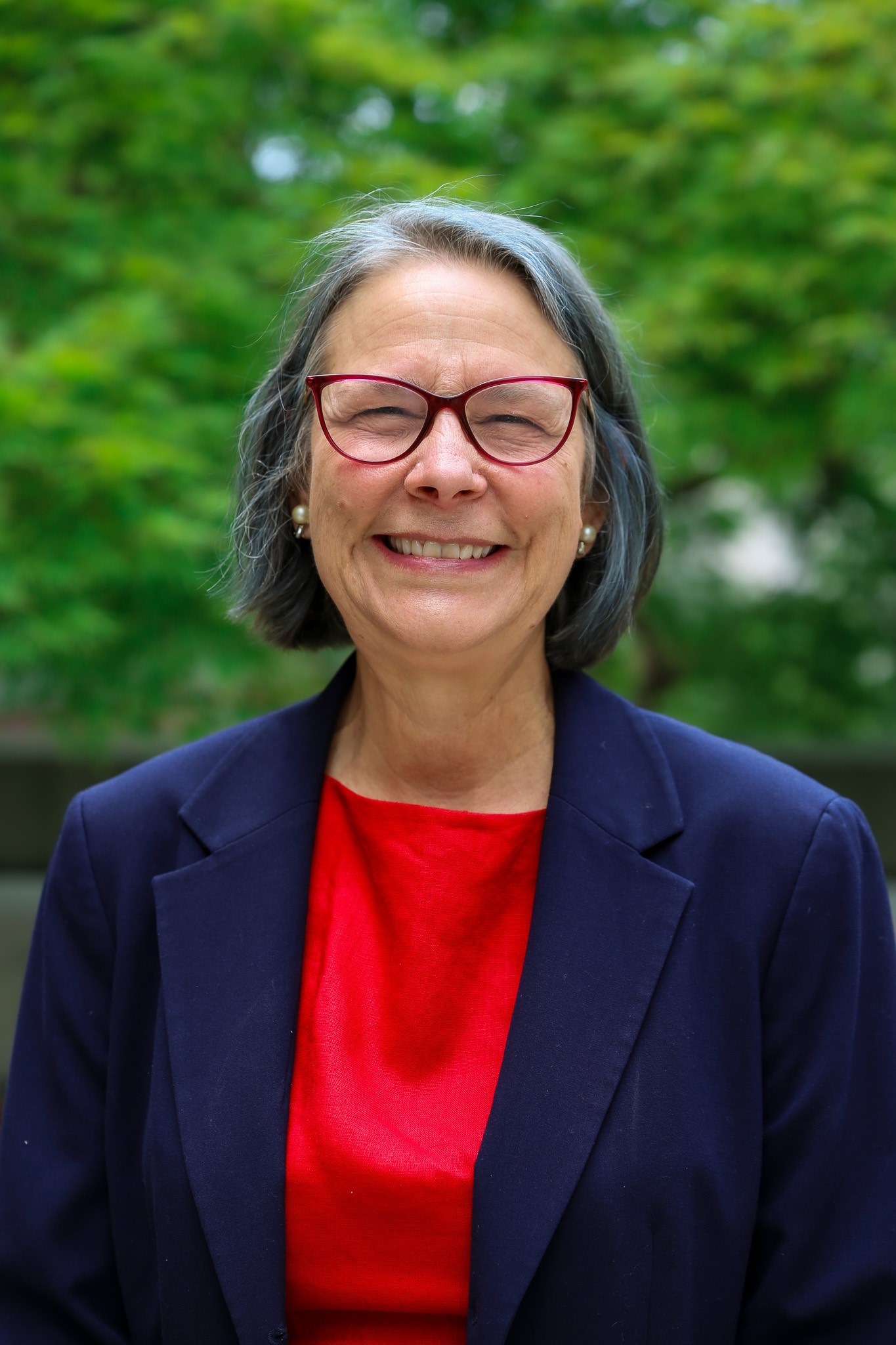

Meghan Conley
Assistant Professor of Practice, Director of Community Partnerships
College of Arts and Sciences, Department of Sociology
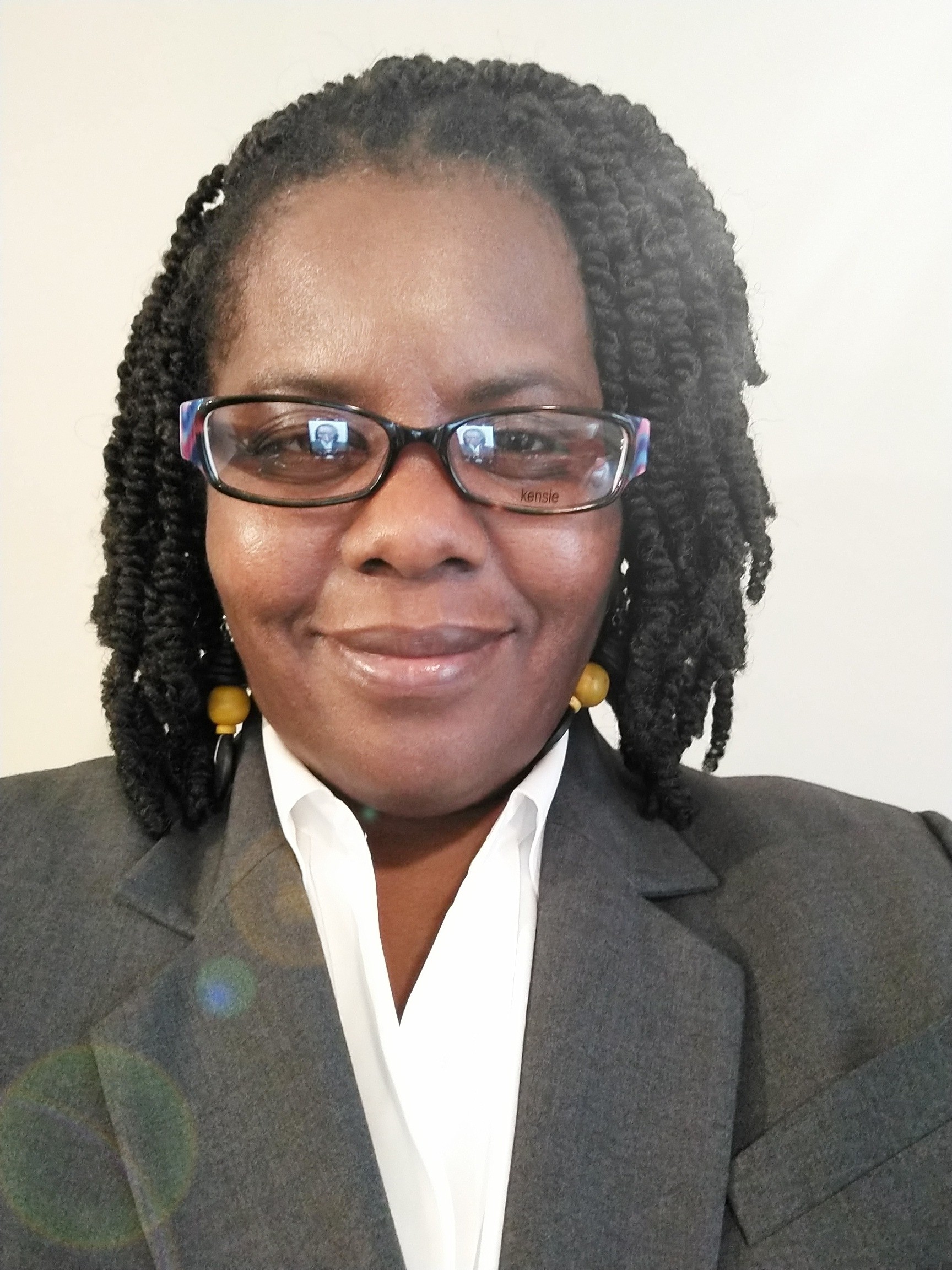
Bayyinah Jeffries
Graduate Certificate Coordinator and Associate Professor
College of Arts and Sciences, Department of Africana Studies
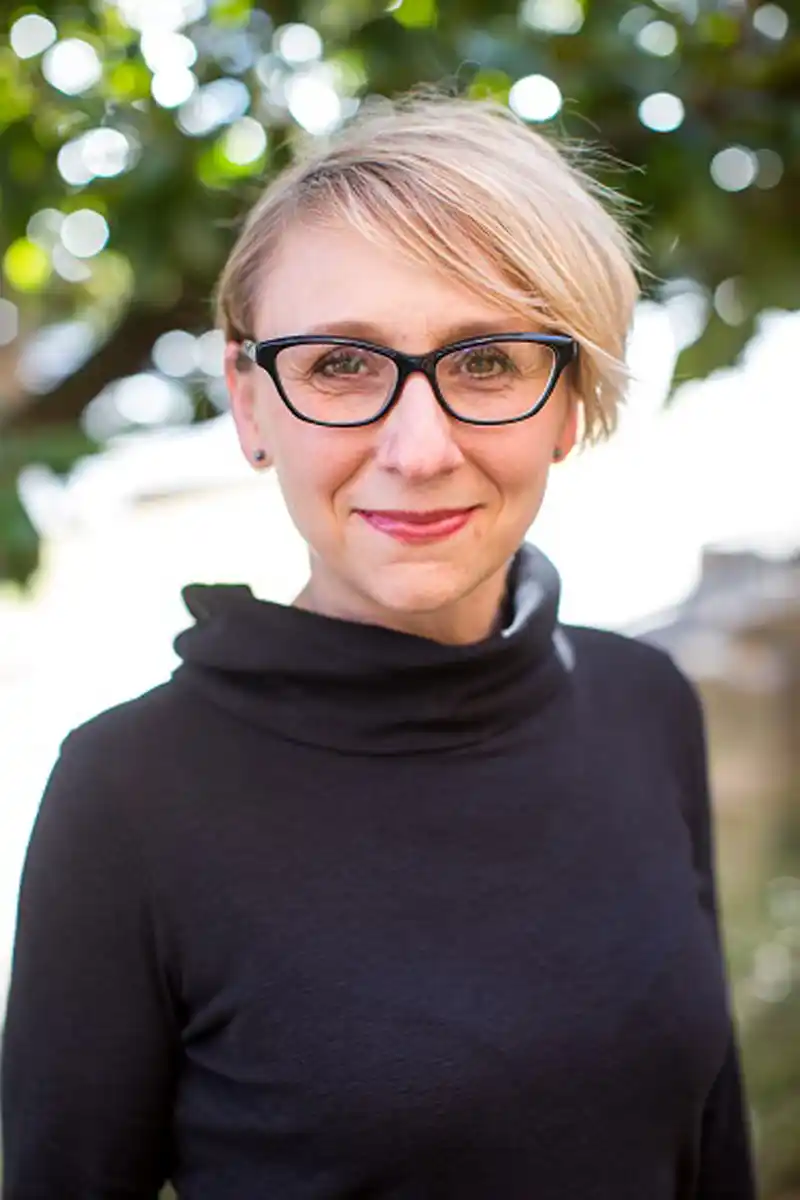
Elizabeth Johnson
Professor, Human Development and Family Science
College of Education, Health, and Human Sciences
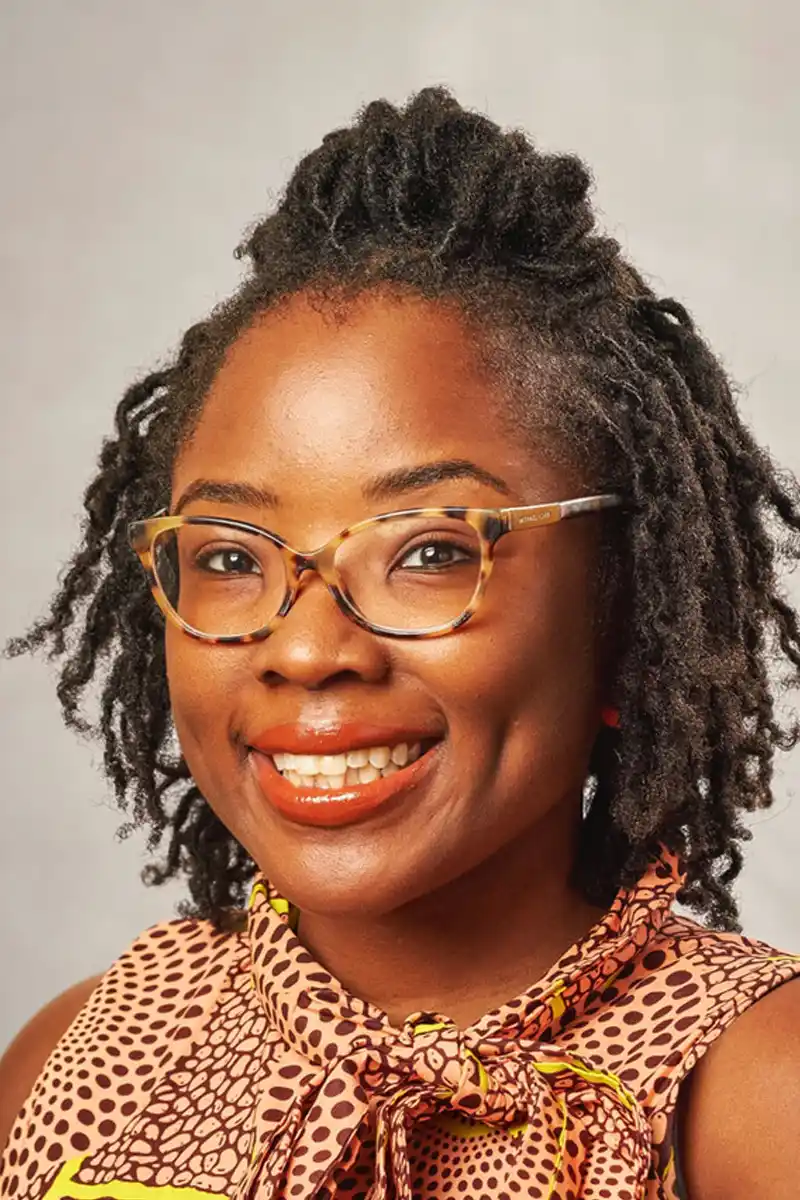
Andrea Joseph-McCatty
Assistant Professor
College of Social Work
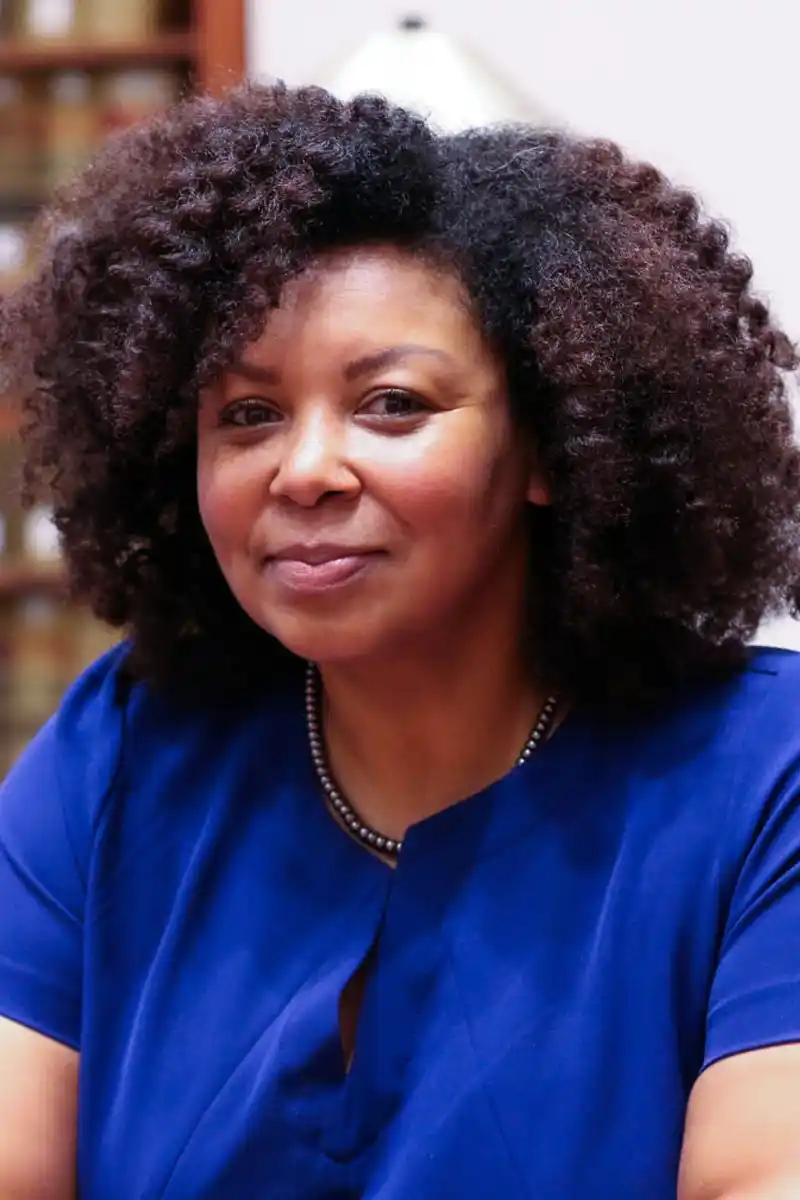

Kyra Martinez
Teaching Assistant Professor
College of Arts & Sciences, Department of Sociology

Bill McClanahan
Assistant Professor
College of Arts and Sciences, Department of Sociology
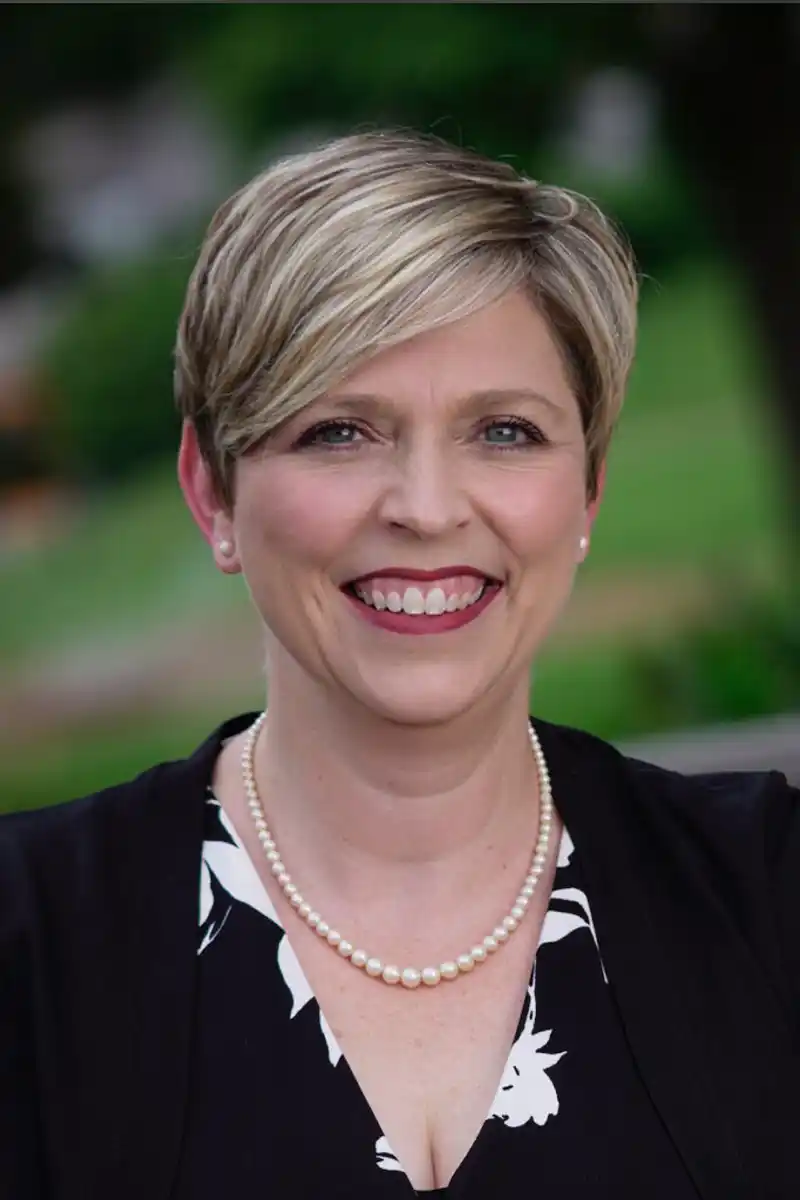
Joy Radice
Director of Clinical Programs and Associate Professor of Law
Winston College of Law
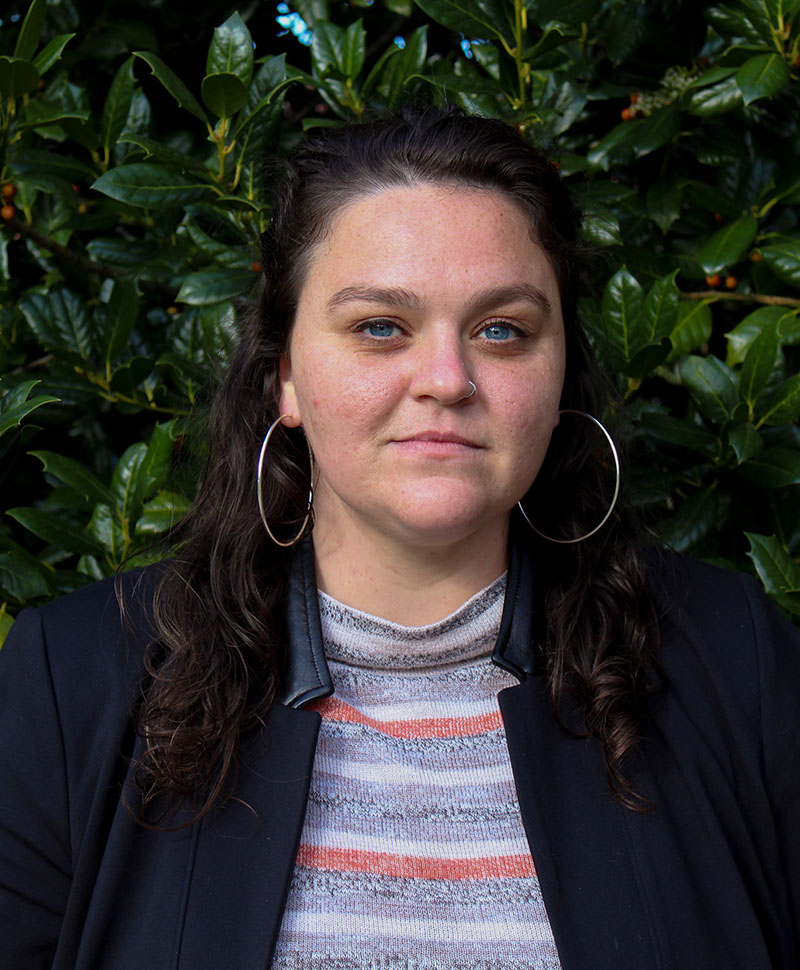
Vivian Swayne
Teaching Assistant Professor
College of Arts & Sciences, Department of Sociology
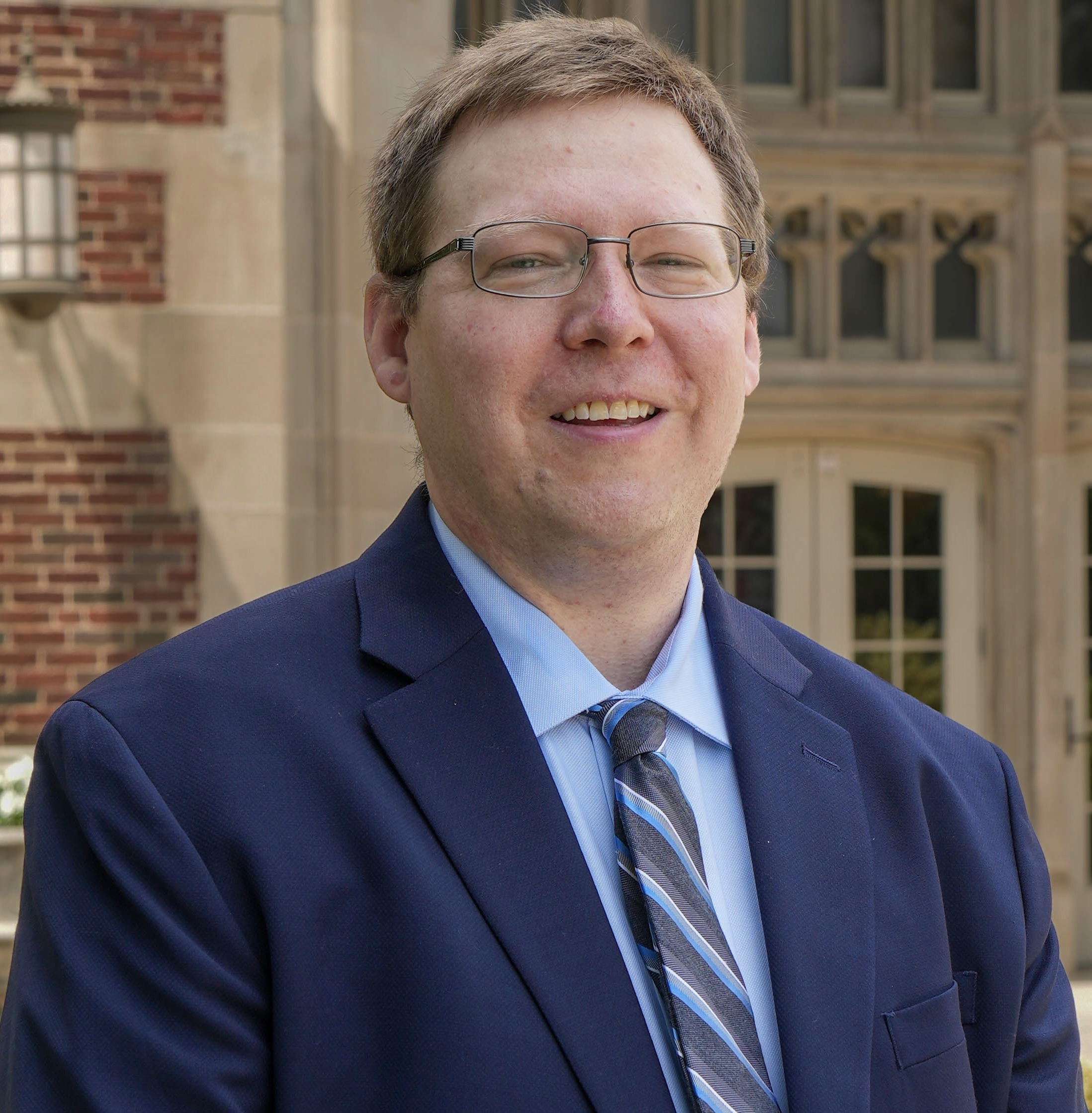
Stephen Wulff
Assistant Professor
College of Arts & Sciences, Department of Sociology
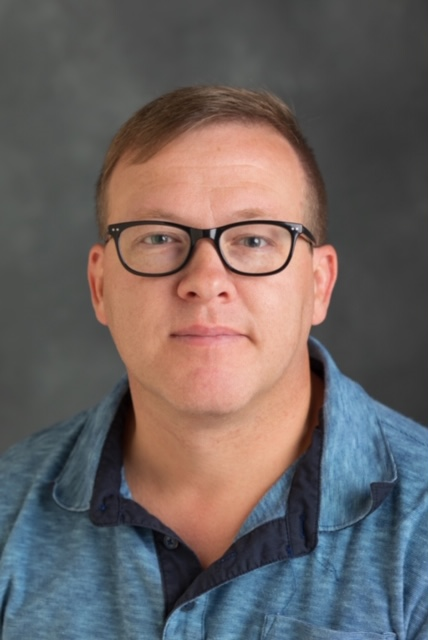
Tyler Wall
Program Chair of Justice Studies and Associate Professor
College of Arts and Sciences, Department of Sociology
*Artwork in the header photo created by Vivian Swayne for the AJRC
